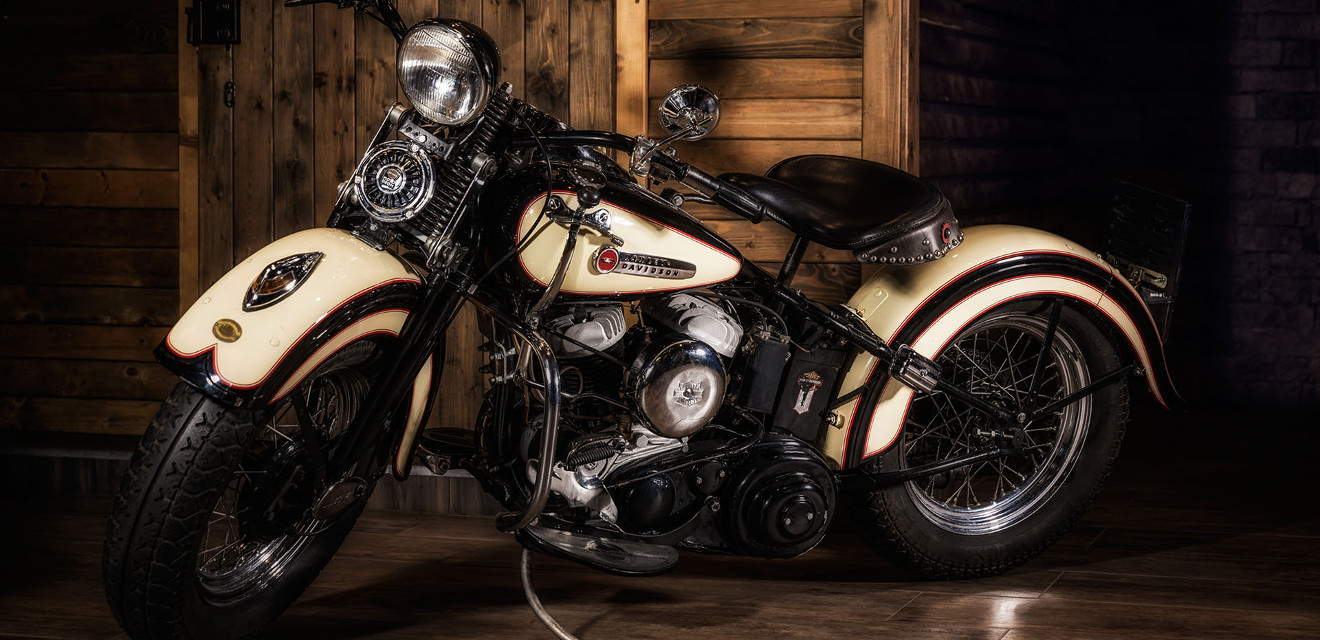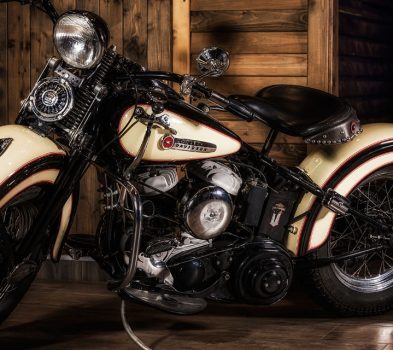MY PHILOSOPHY OF CHAPLAINCY
BY Mark Schmidt
 At the retirement ceremony for my 20 years of service to the U.S. Army when asked to speak after all the accolades and awards that were given, the only thing that came to mind was something I had heard once, author unknown to me; I start not knowing what I was going to do, I preceded forward not knowing what I was doing and ended up not knowing for sure what I had done. I could say that because from the age of five all I ever wanted to be was like my dad and be an Army guy. I spent 20 years just enjoying the ride and doing just that, being an Army guy. My philosophy of service during that time was one that developed more naturally as my career progressed and I was subjected to various incidents and schooling. One of those schooling inputs was a year spent as the Battalion Chaplain assistant. It was an additional duty for me. I had no clue what a Chaplain assistant was for sure are the position’s duties in a field unit. I learned on the fly and from online courses the Army offered.
At the retirement ceremony for my 20 years of service to the U.S. Army when asked to speak after all the accolades and awards that were given, the only thing that came to mind was something I had heard once, author unknown to me; I start not knowing what I was going to do, I preceded forward not knowing what I was doing and ended up not knowing for sure what I had done. I could say that because from the age of five all I ever wanted to be was like my dad and be an Army guy. I spent 20 years just enjoying the ride and doing just that, being an Army guy. My philosophy of service during that time was one that developed more naturally as my career progressed and I was subjected to various incidents and schooling. One of those schooling inputs was a year spent as the Battalion Chaplain assistant. It was an additional duty for me. I had no clue what a Chaplain assistant was for sure are the position’s duties in a field unit. I learned on the fly and from online courses the Army offered.
What I learned from this was that the military chaplain had to be both flexible in traditions, service, and counseling while staying rigid in the rank and traditions of the Army. What I did not know until then is that most Chaplains had to be neutral denominationally no matter what denomination they were ordained in. They had to have an understanding of other religions as we had Muslims, Buddhists and even a Hindu in our unit. But the biggest thing I learn from our Chaplain was to just be there and to listen. I have many stories on that. That is not what this is about though,
With my basic backstory laid out on how I have come to my Chaplain philosophy, let me clarify some major points. First, my philosophy is evolving as I learn and do more. Secondly, my philosophy is very new as the desire to seek out being a chaplain only developed in the last three years. Lastly, this is all subject to change as all the situations we have found ourselves in with the pandemic and the restrictions on some activities change. What won’t change is the desire to be a Chaplain.
In any philosophy of Chaplaincy service has to be the main component. So, service will be the main part of my philosophy. Part of service is being present. That sounds like it should be a given, but some people do not get that part. Let me provide an example to further explain the importance of being present.
When my mother was in her last three weeks of life, I visited her daily. When it was time for the doctor and nurses to do their thing, I would go to the cafeteria. I always saw the clergy there. Sitting around chatting having coffee. Some days there was a priest from the Catholic services along with the facility Chaplain. On a few occasions, there were three members of the clergy. I finally figured out that it depended on if there was a passing. One day the Chaplain stopped by to see how I was doing having seen me there a lot lately. I introduced myself to my sons. I did not give this another thought till mom’s last couple of days. When she asked for rites, I knew where to find him and knew he knew how to get the priest. Him being present and having just stopped by introduced himself, I would not have been able to help my mom. As a side note, my youngest son at the time said he wanted that job, hang out drink coffee and chat. Now I get it better.
Now, I do understand this will be applied in the biker community. Being of service and being present will be anything from online contacts to in-person, bike blessings, and many other items. While I technically could do them now in my home state based on my doctorate in theology, I could not do anything at other biker functions outside my state.
The next part of my philosophy is to be able to provide spiritual support and to do my best to provide it for all the religious backgrounds that I might encounter. I have encountered, besides Christians, while out riding, those that follow Buddhism and Hinduism. Recently encountered my first Muslim out riding. They need to know that a Chaplain can be there for them also. This is very important to me not to exclude anyone from seeking help from a Chaplain. We as chaplains need to always be inclusive. I learned this from the Army Chaplain I spent a year with. He spent hours studying the basics of all possible spiritual backgrounds he may encounter. I saw him spend three hours in the field counseling a Buddhist that had gotten a dear John letter and in the middle of the night call us all on the notification team to go tell a Jewish family their child would not be coming home. I had to contact the family Rabbi to meet us before we went to the house. I want to be like that.
The last component for me is spirituality. I mean that is what this is all about is to provide spirituality to those in need. This has to be part of everything I do as a Chaplain. I think in Chapter 3 there is a sentence that I think has to be part of me as a Chaplain: “The presence of God in the person and ministry of the chaplain empowers the client to healing and wholeness.” The whole person has to be paid attention to. The heart, the mind, the emotions, and the spirituality of the person, the whole person.
So, in short, I want the biker communities I am involved with directly and those I come across know I am a Chaplain. That I am available, knowledgeable, I am involved, and caring. I also want bikers of all faith backgrounds to know I am here for them. I will work to build the biker community’s trust and recognition as a viable resource for them. I want them to know I am there for more than just faith-based health, but there for them in many other aspects. I am their Chaplain and a fellow biker.
The good thing about philosophy is there is no right or wrong and it is always fluid. This is my starting point in my philosophy as a Chaplain.

